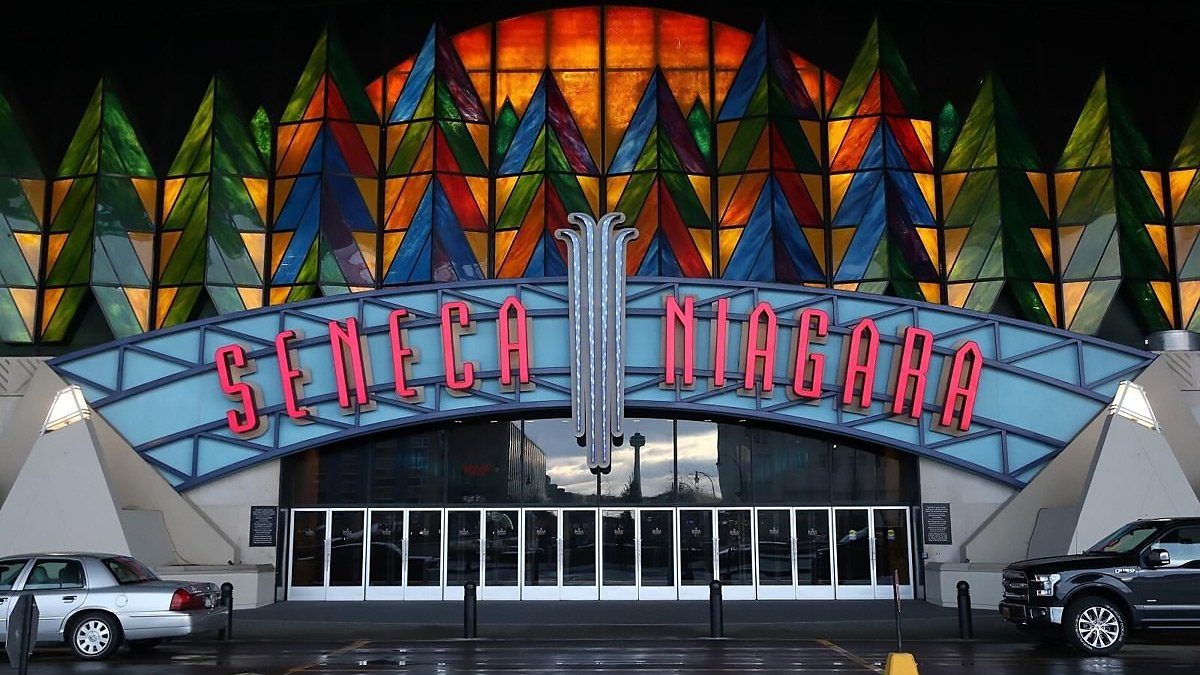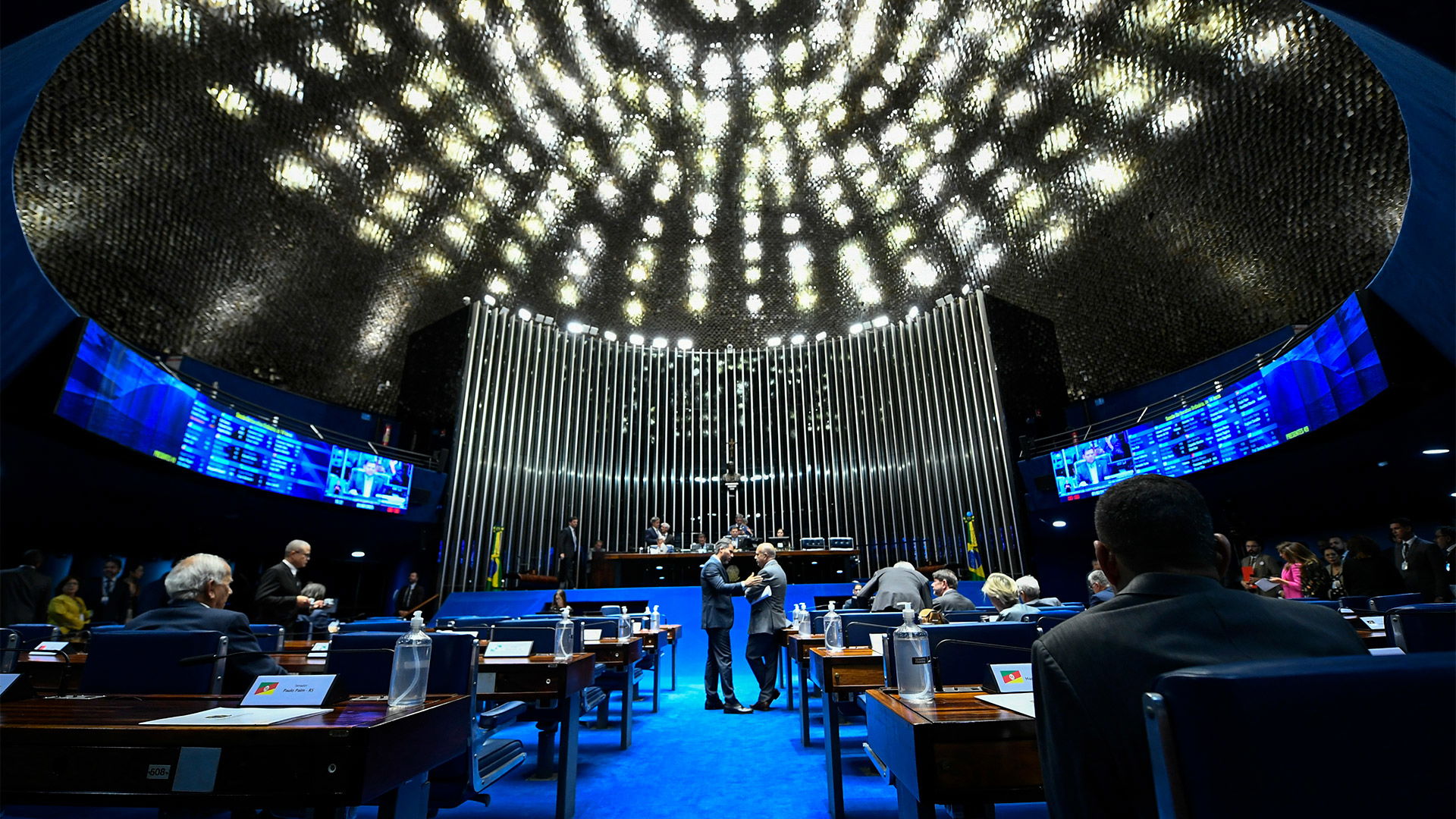Apollo’s $6.3 billion acquisition brings IGT back to Las Vegas in major gaming industry merger

IGT is set to return to Las Vegas following its $6.3 billion acquisition by Apollo Global Management, a deal that combines IGT’s gaming and digital business with Everi Holdings to form a newly integrated company headquartered in Nevada.
The Nevada Gaming Commission unanimously approved the licensing on Thursday, clearing the path for the transaction to close following final approval from the New York State Gaming Commission, expected this Tuesday.
Apollo, a long-time investor in Nevada gaming, including its ownership of The Venetian and Palazzo resorts, will take control of the new company under the name IGT. The IGT brand, which left Las Vegas in 2015 after its acquisition by Italy-based Gtech Holdings, will now return to the city as part of its plans to build what it calls a “scaled gaming-technology-platform company.”
The deal, structured through holding entity Voyager Parent LLC, encompasses IGT’s gaming and digital segments as well as a full acquisition of publicly traded Everi. Once completed, the original IGT entity will be renamed Brightstar Lottery and will retain its global lottery operations, including a significant presence in Italy.
At a public hearing, Apollo partner Daniel Cohen and compliance officer Kate Lowenhar-Fisher detailed the transaction and the company’s forward-looking plans.
“Nevada is critically important to our business and go-forward plans,” said Cohen, noting that the combined IGT and Venetian operations will account for over 11,000 jobs and $2.5 billion in annual state revenue.
Cohen explained Apollo’s approach to long-term value creation, explaining the firm raises money from pension funds, institutional investors, endowments, and high-net-worth individuals, not driven by quarterly results. “Our sole focus is driving long-term value creation and making meaningful improvements in the companies we oversee,” he said. “This transaction was a long time in the making.”
IGT’s president of global gaming, Nicholas Khin, will serve as interim CEO of the new company. Once a non-compete agreement concludes later this year, former Aristocrat Gaming CEO Hector Fernandez will step into the CEO role, while Khin will resume leadership of the gaming division.
The newly combined business will operate across three main divisions: digital, gaming, and fintech. According to Cohen, the group will generate $2.6 billion in annual revenue and $1.1 billion in EBITDA, with recurring revenue making up over 80% of the portfolio.
“This product mix creates a recurring revenue profile… a stable source of revenue and cash flow to invest in the business and pay down debt,” he said.
Cohen also indicated plans for a possible IPO within the next three to five years, noting that Apollo has already raised $4.3 billion in debt and $2.4 billion in equity to fund the deal. That includes a $1.3 billion commitment from Apollo’s Fund 10, $820 million from co-investors, and $275 million from IGT’s major shareholder, the De Agostini family. The new company will open with over $1 billion in liquidity.
While Cohen acknowledged that some consolidation between IGT and Everi may occur, he stated that the goal is not widespread cuts but value generation. “We have to make our companies substantially better,” he said, pointing to the firm’s track record at The Venetian.
Apollo intends to issue between 7.5% and 10% equity to employees and executives to align leadership with long-term performance goals. Everi shareholders will receive $14.25 per share in cash under the acquisition, a 56% premium over the company’s closing stock price on July 25, 2024.
Meanwhile, IGT expects to receive $4.05 billion in gross cash proceeds, which will be used to repay debt and return capital to shareholders.
With approvals secured in 36 jurisdictions over the past 11 months, the combined entity is now positioned to compete directly with major players like Light & Wonder and Aristocrat. Commissioner George Markantonis and Brian Krolicki both cited Apollo’s successful stewardship of The Venetian in expressing confidence in the firm’s ability to lead the new IGT.
















